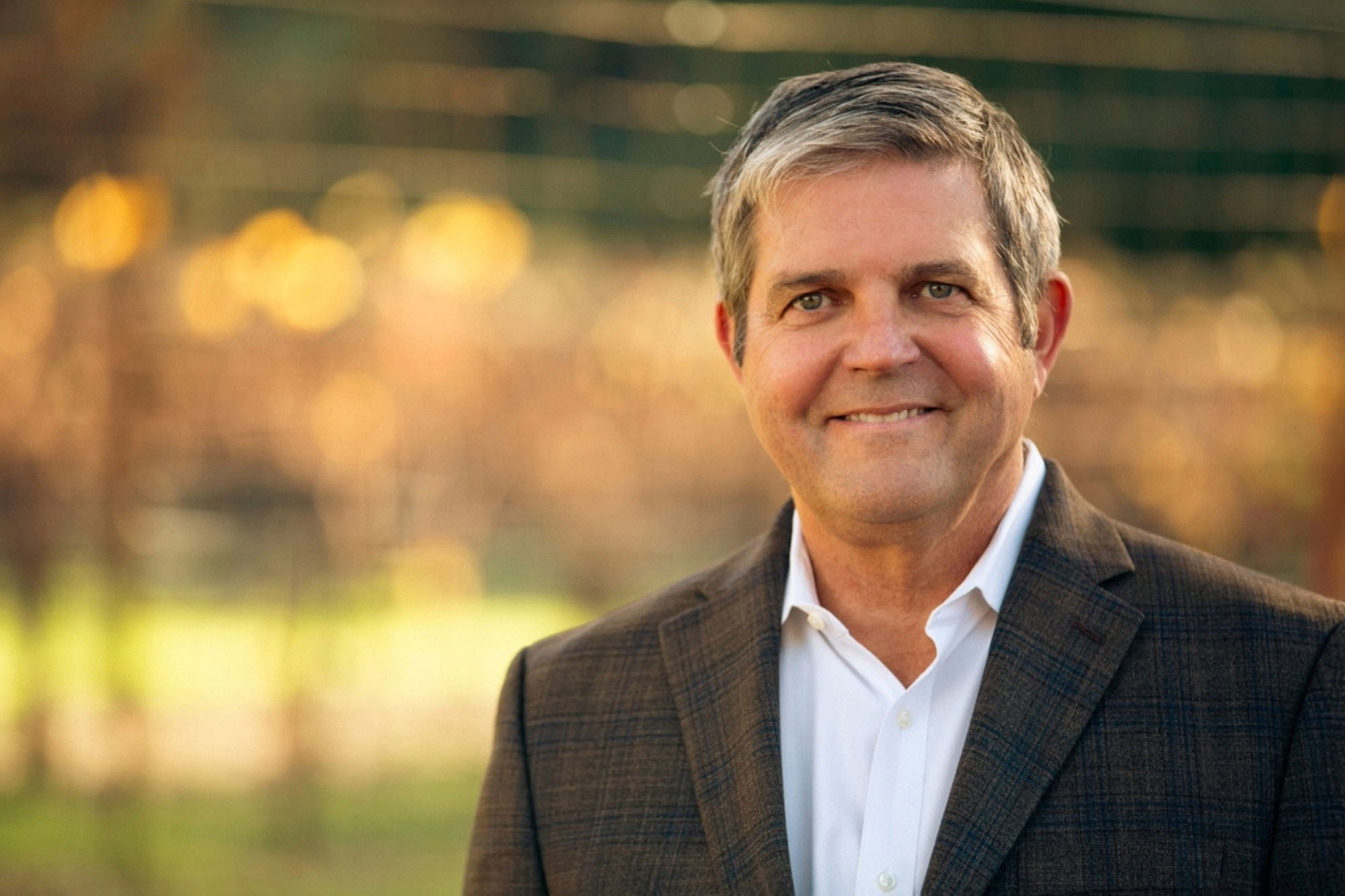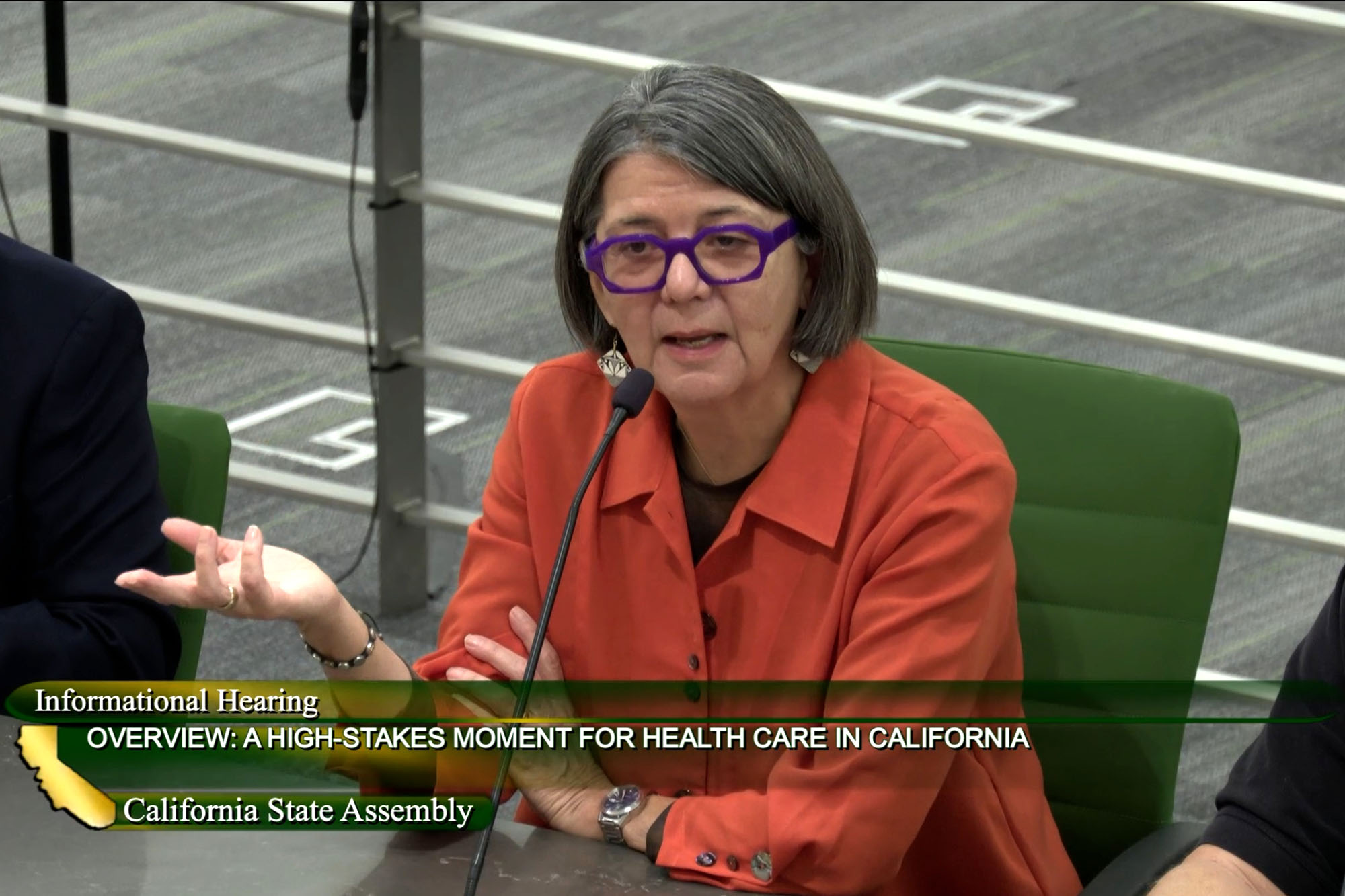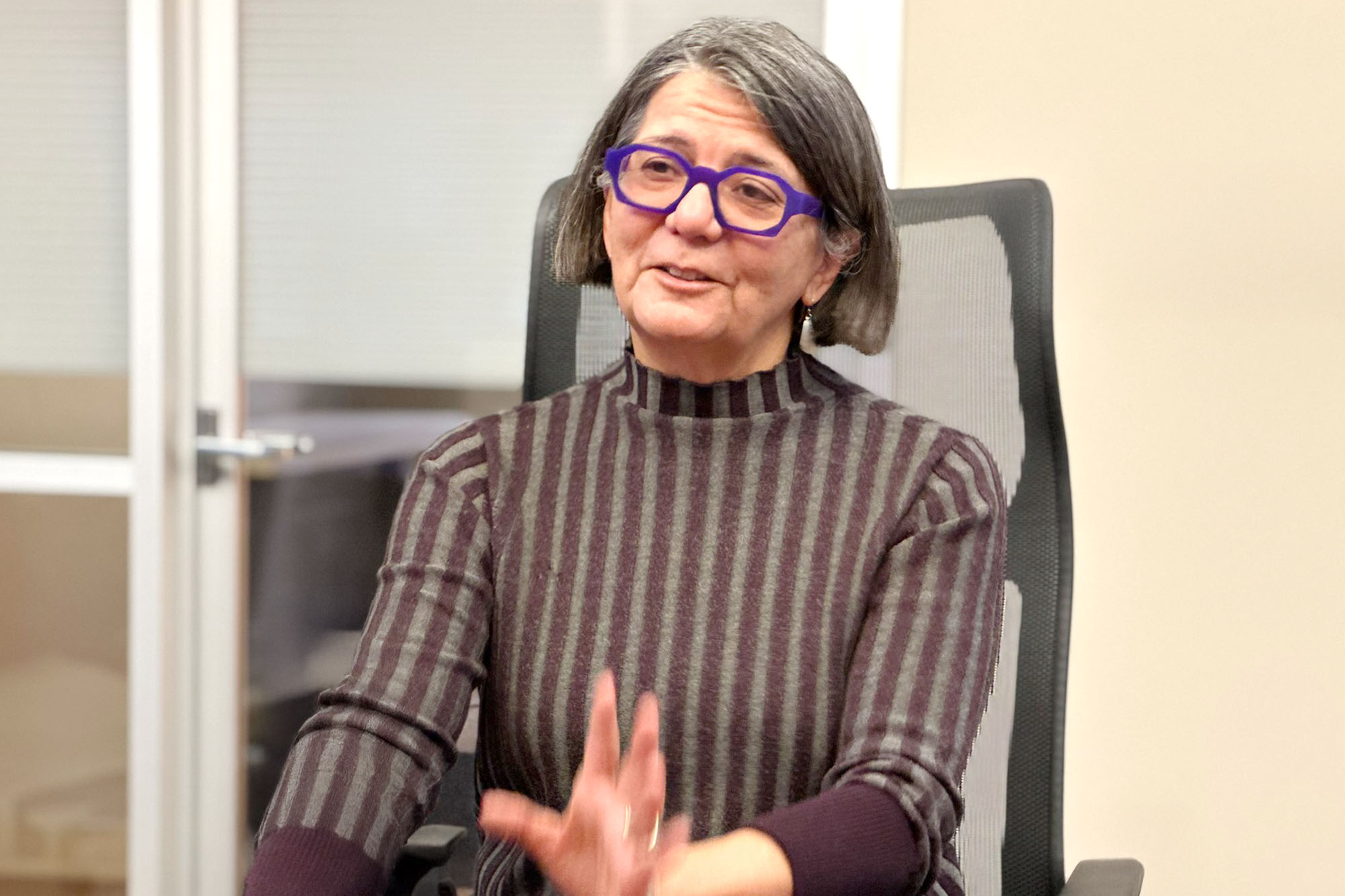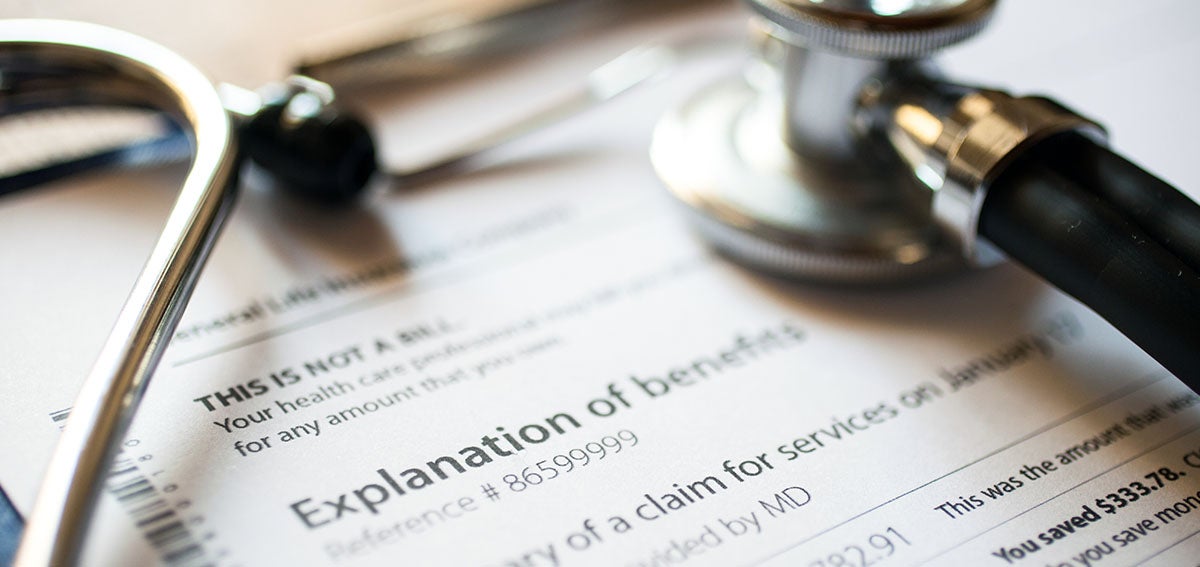View the Report
Jump to All Downloads & LinksIntroduction
This issue brief provides an analysis of the fiscal impact in California of same-day billing for medical and mental health services in Federally Qualified Health Centers (FQHCs).
FQHCs are paid by Medi-Cal under the Prospective Payment System (PPS). In California, each licensed clinical site (clinic site) has its own PPS rate, with a fixed per-visit dollar amount payment rate for qualifying visits. These rates are increased by the Medicare Economic Index (MEI) each year. FQHCs may also apply for a rate change through the Medi-Cal Change in Scope-of-Service Request process.
Currently, while FQHCs may render both medical and mental health services on the same day to Medi-Cal patients, they cannot be reimbursed for both visits. California has considered several proposals to allow FQHCs to bill a medical visit and a mental health visit that take place on the same day at a single location as separate visits, referred to as “same-day billing.”
The analysis that follows estimates the impact of a policy change to allow same-day billing both without (Scenario 1) and with (Scenario 2) a requirement that FQHCs apply for a change in scope in order to have the option of billing for same-day visits for mental health. The analysis is not specific to a particular current or past proposal. The analysis provides an estimate of the annual impact of the two scenarios on both Medi-Cal mental health visits and Medi-Cal reimbursement costs.
Findings
Findings are based on 2017–18 data and the scenarios described below (see Methodology section below).
Same-Day Billing Without a Change-in-Scope Requirement
Using the Scenario 1 methodology described below, total estimated increased Medi-Cal reimbursement costs would be approximately $23.4 million.
With same-day billing not requiring a change in scope, California FQHCs would be projected to provide (and bill for) approximately 63,000 new Medi-Cal mental health visits. In addition, they would be projected to bill for approximately 50,000 existing unbilled same-day visits (reflecting an estimated number of visits that FQHCs are currently providing but not billing for because of the existing prohibition on same-day billing).
Same-Day Billing with a Change-in-Scope Requirement
Using the Scenario 2 methodology described below, total estimated increased Medi-Cal reimbursement costs would be approximately $232 million. Of this amount, approximately $11 million would be from increased mental health billing, and approximately $221 million would be from billing for medical visits at the higher PPS rate (after change in scope).
With same-day billing requiring a change in scope, California FQHCs would be projected to provide (and bill for) approximately 26,000 new Medi-Cal mental health visits. In addition, they would be projected to bill for approximately 21,000 existing unbilled same-day visits (reflecting an estimated number of visits that FQHCs are currently providing but not billing for because of the existing prohibition on same-day billing).
| scenario 1 without a change-in-scope requirement | scenario 2 with a change-in-scope requirement | |
|---|---|---|
| Existing (currently unbilled) Mental Health Visits | 50,500 | 20,600 |
| New Medi-Cal Mental Health Visits | 63,100 | 25,800 |
| Total Incremental Mental Health Visits Billed to Medi-Cal | 113,600 | 46,400 |
| Cost from Change in Scope (cost for non-mental health visits billed at new PPS rate) | $220,500,000 | |
| Cost from New and Newly Billed Mental Health Visits | $23,400,000 | $11,200,000 |
| Total Incremental Reimbursement Costs to State | $23,400,000 | $231,700,000 |
Methodology
See “Sample Data from Analysis of Same-Day Billing for Medical and Mental Health Services at FQHCs, Exhibit A: Without Change in Scope and Exhibit B: With Change in Scope” for detailed analysis and computation of results.
Data Sources
Both of the scenarios noted above were developed using the following data sources:
- Mental health visits by clinic — 2017 Primary Care Clinic Annual Utilization Data (October 2018), Office of Statewide Health Planning and Development (OSHPD)
- Medi-Cal PPS rates by clinic site — published rates as of November 2018 from the Department of Health Care Services
- Medi-Cal payer mix — calculated by dividing clinic Medi-Cal visits by clinic total visits (data from 2017 Annual Utilization Data file cited above)
Scenario 1 and Scenario 2
These scenarios were applied to clinic sites individually and then summed together to develop the findings. For illustrative purposes, a sample of the clinic site data that was used to develop these findings has been provided in Exhibit A and Exhibit B.
Findings have been developed using estimates that leaned toward an overstatement of the impact to the state, given the available data inputs.
The methodologies, including calculations and assumptions, are as follows:
- “New” mental health services rendered on the same day. “New” visits that would result from changes to the existing same-day billing restriction were estimated at 10% annually per clinic site.This estimated increase in mental health visits was based on expert opinion of seven FQHC providers and administrators. As part of this project, the author convened a conference call on July 31, 2019, with leadership of FQHCs with a high volume of mental health visits, relative to their California peers, based on available data from the sources noted above. Participants included FQHC CFOs, CMOs, and mental health program directors and mental health providers. Call participants estimated that their clinic sites would increase the number of mental health visits by approximately 10% if same-day billing were available. They indicated that this increase would be driven by factors including (1) patient convenience and desire for same-day mental health visits, (2) a goal of reducing no-shows caused by having to schedule patients for mental health services at a later date, and (3) interest in providing more mental health services to patients. These factors would be offset, according to the group, by challenges in recruiting additional mental health providers and the reluctance of some patients to stay for a second visit on the same day.
- Existing unbilled same-day mental health visits. Mental health visits already being provided on the same day as other visits but not currently billed to Medi-Cal because of the same-day billing restriction were estimated at 8% annually per clinic site. Like the estimate for new mental health visits, this 8% estimate is based on information collected on the July 31, 2019, conference call described above. Though mental health visits provided on the same day as other visits are reported in the OSPHD encounter data, they are not billed for. The call group estimated their unbilled mental health service volume at 10% of current mental health visits billed to Medi-Cal; this was decreased to 8% to reflect the fact that the volume of mental health visits at most clinic sites is lower than at the informant organizations.
- Total incremental mental health visits. Existing unbilled same-day mental health visits (at 8%) were added to new mental health visits (at 10%) and then multiplied by Medi-Cal payer mix to calculate total incremental mental health visits billed to Medi-Cal for each clinic site.
- Neither scenario estimates any additional administrative costs to the state.
Scenario 1, Without Change in Scope
This scenario assumes that no change in scope would be required for clinic sites to bill for same-day mental health visits. (See Exhibit A.)
Total incremental visits billed to Medi-Cal were multiplied by the November 2018 PPS rate for each site to calculate additional incremental Medi-Cal revenue for the site. These amounts were summed to estimate the incremental increased reimbursement cost to the state.
Scenario 2, with Change in Scope
This analysis assumed that a change in scope would be a requirement of same-day billing for mental health services. (See Exhibit B.)
- A new estimated PPS rate was calculated for each site, using the following change-in-scope methodology. The total cost at the site was divided by a total visit estimate that includes 10% in new mental health visits, reflecting the fact that one goal of requiring a change in scope would be to capture these visits in the denominator of a rate calculation. However, for purposes of this calculation the total visit estimate does not include the additional 8% existing unbilled same-day visits, as these visits would already have been captured in OSHPD reported encounters. The resulting estimated cost per visit was reduced by 9% to account for costs that may have been included on the OSHPD report but that may not be allowable on a Medi-Cal cost report, or that may be considered non-reimbursable costs on the FQHC rate-setting cost report,1 and thus not included in the PPS rate. This 9% reduction also accounts for potential cost disallowances by the state’s Audits & Investigations department during the change-in-scope process. These disallowances are projected based on the author’s prior experience with the change-in-scope process.The estimated cost per visit with 9% disallowance was compared to the current site PPS rate. If the estimated cost per visit with the disallowance exceeded the PPS rate, the PPS rate was adjusted upward by 80%. This reflects the fact that, when calculating the revised PPS rate, the state will allow 80% of the increased cost to be added to the existing PPS rate. New estimated PPS rates were capped at $350, even where the existing PPS rate plus 80% of incremental cost exceeded that amount. Few FQHCs currently have PPS rates that exceed that amount.
- Total incremental visits billed to Medi-Cal were multiplied by the new estimated PPS rates for each site to calculate additional incremental Medi-Cal billing for that site. This figure was compared to existing Medi-Cal revenue for the site. If the estimated increased revenue were negative or less than 5%, it was assumed that the FQHC would not elect to go through the change-in-scope process for the site, and thus would not bill for same-day mental health services. If the increased revenue were greater than 5%, it was assumed that the FQHC would elect the change-in-scope process for that site.
Discussion
These findings estimate that requiring FQHCs to submit a change in scope to bill for same-day mental health visits for Medi-Cal beneficiaries could increase costs to the state by $231,700,000 with an estimated increase of 26,000 in new mental health visits. Alternatively, if FQHCs were not required to submit a change in scope to bill for same-day mental health visits, the cost estimate decreases dramatically to $23,400,000, while the estimated number of new mental health visits for Medi-Cal beneficiaries increases by 63,000.
These estimates are based on 2017 OSHPD data, and as such, adjustments would need to be made to develop estimates that represent increases in mental health visit volume from 2017 to 2019. The estimated increases in volume of 10% and 8% were developed based on the author’s experience with the change-in-scope process with feedback from a small group of advisors who are not necessarily representative of feedback from the broader field. While the estimates could be impacted by these two caveats, it is unlikely that the overall findings would change. Namely, the impact on access is likely to be lower and the cost higher if there were a requirement for FQHCs to submit a change in scope to bill for same-day mental health visits for Medi-Cal beneficiaries. These findings do not account for environmental factors that could impact mental health access and payment, including changes to the overarching FQHC payment methodology or dramatic changes in the mental health workforce. It is notable, however, that with the current payment structure, mental health access for Medi-Cal beneficiaries is restrained by the fact that FQHC providers cannot bill for same-day visits.
Authors & Contributors
Curt Degenfelder Consulting
Curt Degenfelder is a nationally recognized health care business consultant with more than 31 years of experience developing successful financial, operational and strategic solutions for hundreds of community health centers.
Notes
- Worksheet 1, line 59, in DHCS 3090: Medi-Cal Freestanding – PPS Rate Setting Cost Report, DHCS, January 2016, https://www.dhcs.ca.gov/formsandpubs/forms/Pages/AuditsInvestigationsForms.aspx. ↩︎





